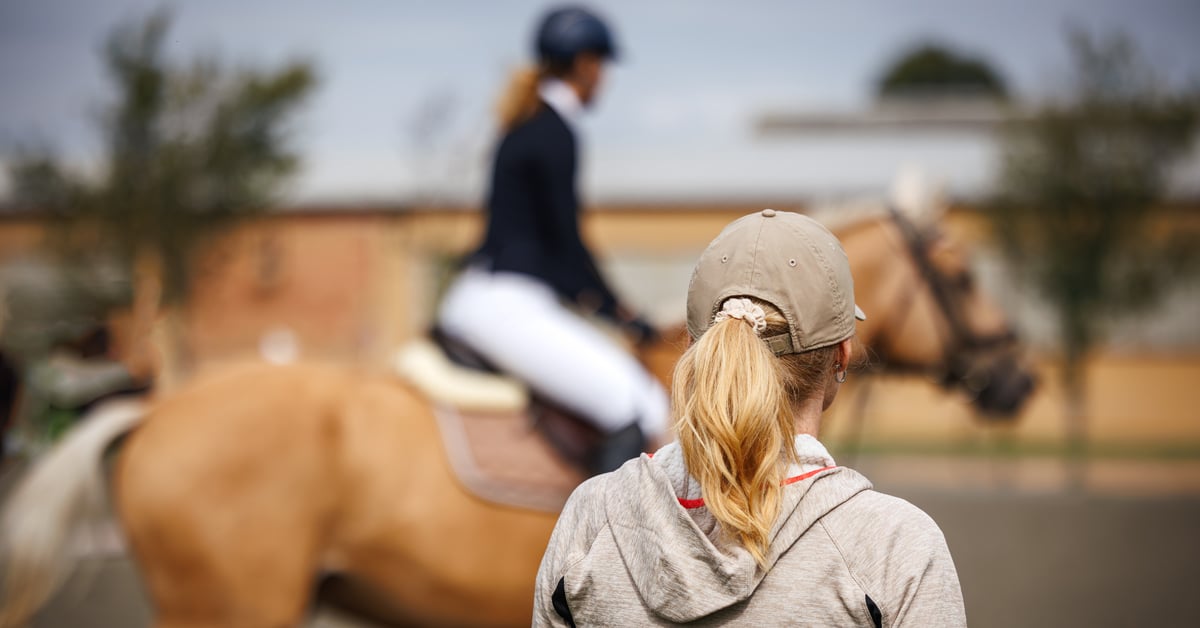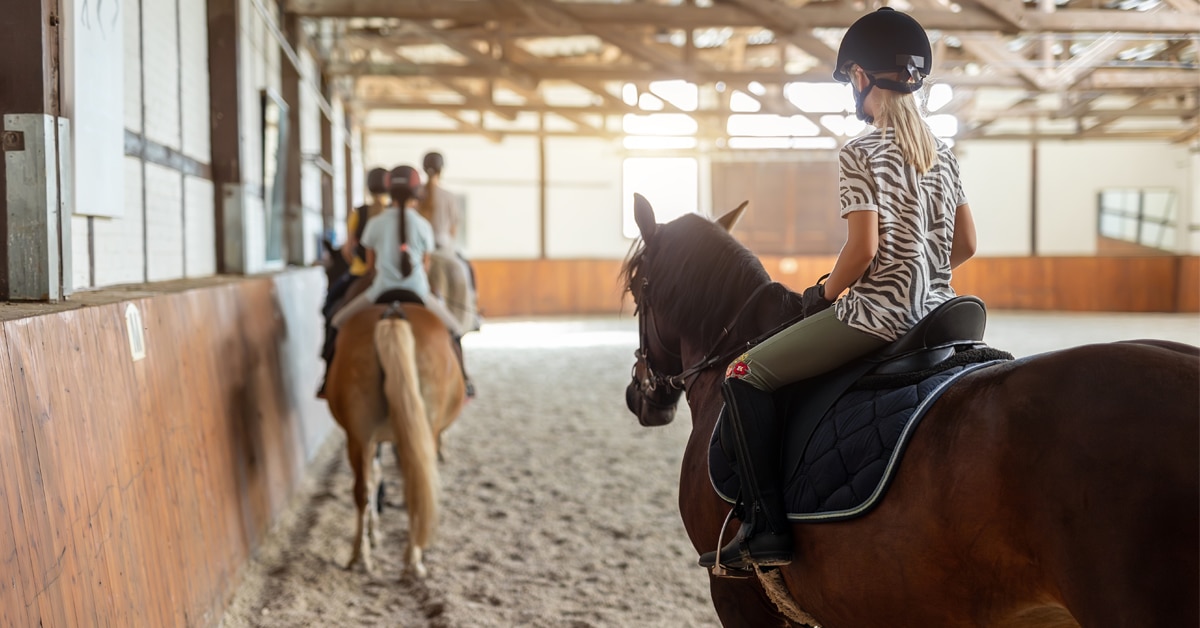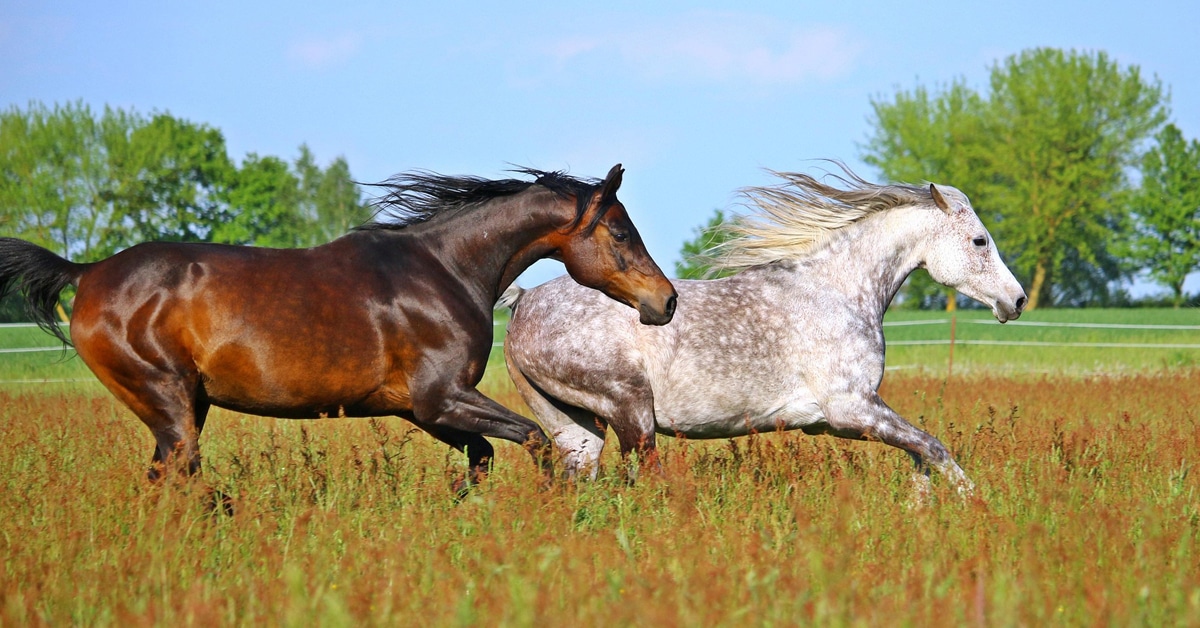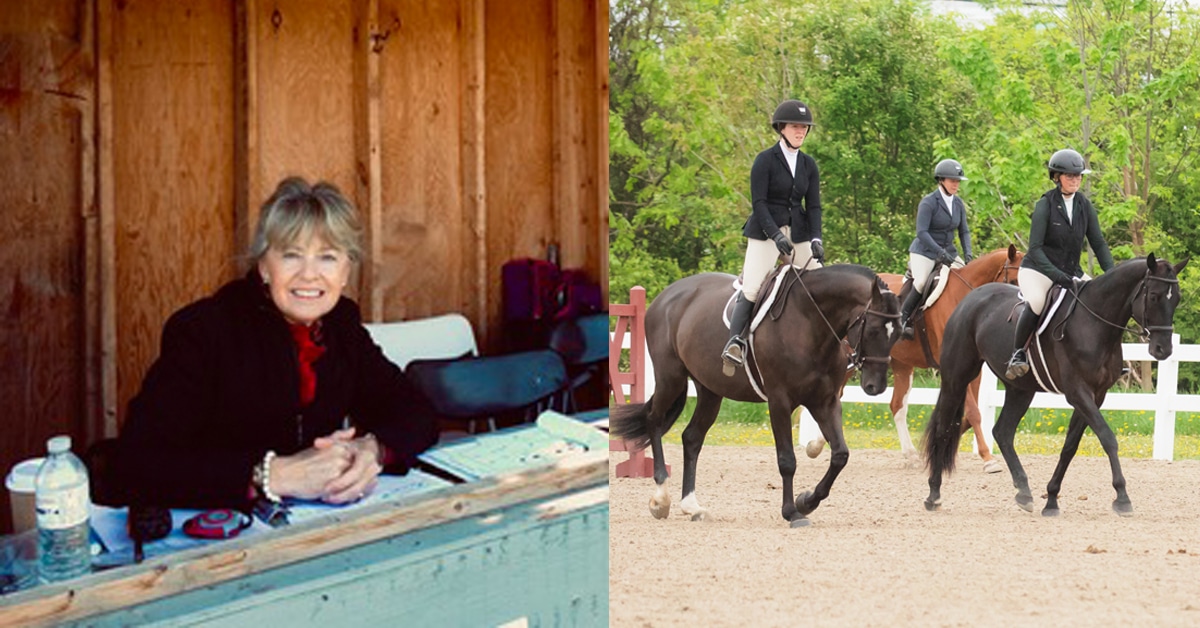In September, 1988, a group of four dressage riders did something that no Canadians had previously accomplished – or have accomplished since. Team Canada shocked the dressage world (and surprised themselves) by bringing home two medals from the 1988 Seoul Olympics: an individual bronze for Cindy Ishoy and Dynasty, and the team bronze medal.
Thirty years later, we caught up with those team members – Cindy Ishoy, Ashley Holzer, Evi Pracht and Gina Smith – to reflect on their favourite memories of those Games and how their remarkable achievement helped shape the sport in Canada.
Cindy Ishoy
As the individual bronze medallist in Seoul with her legendary partner Dynasty, Cindy Ishoy said the 1988 Olympics stands out as one of the most memorable events in her long and decorated career. Today, Ishoy continues her quest to nurture and elevate the sport in Canada as a sought-after coach and mentor at her Hamilton, Ontario-area home and at clinics across Canada, the US, and Europe.
“Of course standing on the podium – twice – is an amazing memory,” said Cindy. “It’s something I will never forget, realizing we had really accomplished something special that nobody thought Canadians could do.
“But really, my favourite memories are of the quiet times behind the scenes, hanging out in the stables with [team vet] Alan Young and learning everything I could from him, just soaking up the environment of being around the world’s best riders and top athletes from every sport, and of course the wonderful camaraderie we had as a team. It’s very unique, because at home and as individuals we were always competing against each other, but we still very much came together as a team and supported one another. We accomplished our goal of getting to the podium in large part because of the wonderful training and support system we had.
“That success definitely shaped my future career and my dedication to passing my knowledge on to the next generations of riders in a systematic way. It’s really gratifying to see my students working so hard and applying such discipline and dedication to achieving their goals.”
Ashley Holzer
Now a seasoned veteran with four Olympic Games under her belt, in 1988 Ashley Holzer (then Nicoll) was the baby of the team at just 24 years old. Today a newly-minted American citizen who divides her time between New York and Florida and now competes for Team USA, Holzer is still a sought-after trainer and coach to many of Canada’s top dressage riders.
“The 1988 Olympics is something I will never forget,” recalled Holzer. “Walking into the stadium for the opening ceremonies and realizing it was actually happening was a moment that still gives me goosebumps when I think about it.
“My favourite memory was cantering down the centerline and not being able to feel my legs, I was so nervous. I literally said to my horse ‘I hope you’ve got this, because I might not be much help!’ With that I felt his confidence, my butterflies completely disappeared, and I had one of the most memorable rides I’ve ever had.
“It impacted my career in many ways. I think people worldwide recognize the hard work it takes to become an Olympian, whether they understand our sport or not.”
Gina Smith
Gina Smith always dreamed of competing for Canada in dressage, even as a young Pony Clubber growing up in Saskatoon, Saskatchewan. She got her first taste of world-class competition as a groom for Cindy Ishoy at the 1982 World Championships in Switzerland and was hooked. The 1988 Olympics was just the beginning of a successful international career, one which continues today as Gina competes and trains from her home base in Brockville, Ontario.
“There are so many good memories, but I guess my favourite one would be the moment we heard that we had the bronze medal,” Gina recounted. “It was a two-day team competition and I was the first to go on our team, so I had to wait two days for the result. It wasn’t until the very last horse went on the last day that we knew and we didn’t want to jinx anything by preparing our horses for the ceremony.
“I was sitting in the tack room with Kenneth Hodges, Ashley’s groom, and when we heard the result the stable jumped to life with grooms from all disciplines to prepare the horses, braid and tack up, since we had to be at the ceremony in about twenty minutes. Stepping onto the podium as a team was a fantastic feeling. We were all so proud!
“It was a great validation of all of our hard work and persistence as individuals and as a team. The recognition we received as a sport as well as individuals was something that certainly helped shape our careers. There are not very many [equestrian] Olympic medals in Canada and this is the only Olympic dressage medal, so it is very special.”
Evi Pracht
The daughter of German Olympic medallist Josef Neckermann, Eva-Maria (Evi) Pracht grew up competing in top German events and across Europe, winning national and international championships, occasionally even beating her father. When she moved to Canada, Evi and her husband, Hans, made it their mission to develop the little-known sport of dressage here. They hosted the 1986 World Championships at their facility in Cedar Valley, Ontario – the first time the championship had ever been held outside of Europe.
Today Evi is still often seen observing and coaching riders at top competitions in Canada and Florida. Most recently, she coached the victorious Canadian team and choreographed their winning quadrille at the 2018 Challenge of the Americas in Wellington, FL.
“I have so many wonderful memories of the 1988 Olympics,” remarked Evi. “We were such a nice team and the Korean people were so nice, so friendly to all of us. The most memorable moment was waiting to find out the results. We were all back in the stables waiting, waiting, waiting to see if the final French rider had beaten us. When we heard that we had done it, we had the bronze medal, the excitement was unbelievable. We all almost fainted with happiness!
“Those Olympics didn’t so much shape my future career as confirm that all our hard work to grow the sport in Canada had paid off. It definitely helped make dressage better-known, though, which helped generate more interest among riders and allowed the sport to grow even more.
“Three generations of my family have been Olympians so far: my father, then me, then my daughter Martina [1992 Olympics in Barcelona]. Now my granddaughter Sabrina is very much involved in horses and is a talented rider in the hunter/jumper disciplines. Perhaps she will be the fourth generation to ride at the Olympics. That would be wonderful.”
The Latest










